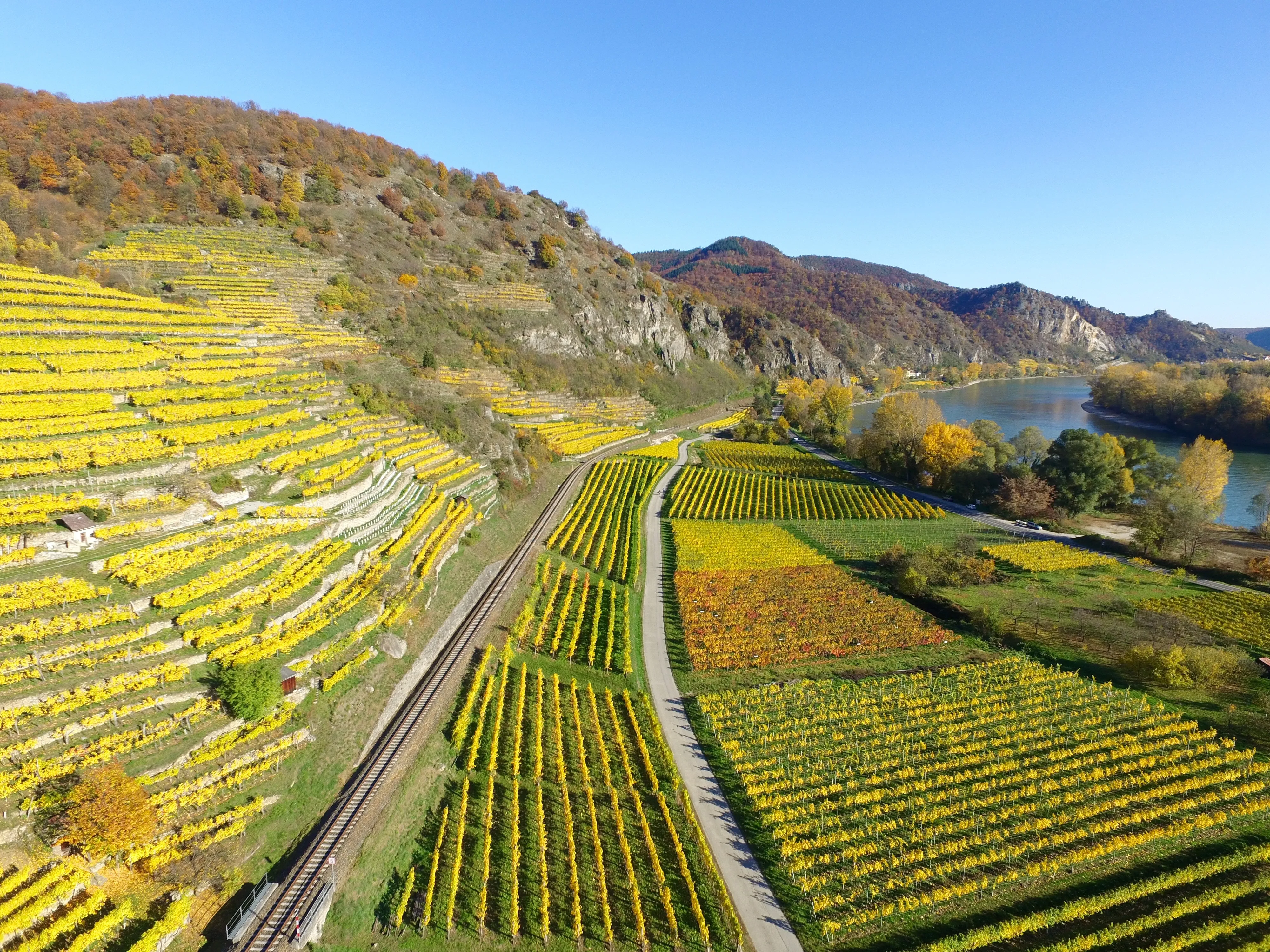Selecting the Right Crops for Your Organic Garden
Begin your journey into organic gardening with our guide to the top 10 easy-to-grow crops for beginners. Perfect for those starting their own organic garden near Bangalore, this post provides essential insights into choosing the right crops for high yields and sustainable cultivation. Learn about soil health, seasonal planting, and the joy of nurturing your own food, all while contributing to environmental sustainability. Start your organic gardening adventure with Vriksha Farms and embrace a healthier, greener lifestyle.

Introduction
Embarking on the journey of organic gardening begins with a crucial step: selecting the right crops. This choice can significantly impact your garden's success, sustainability, and yield. Vriksha Farms, with its commitment to responsible agroforestry and experience in marketing organic produce, offers valuable insights into this process. This blog post will guide you through selecting the most suitable crops for your organic garden, considering factors like climate, soil, and personal preferences.
Understanding Your Environment
Climate Considerations
The climate of your region plays a pivotal role in determining which crops will thrive. Research the temperature ranges, rainfall patterns, and season lengths in your area to choose crops that are well-suited to these conditions.
Soil Health
Soil quality is fundamental to organic gardening. Conduct soil tests to understand its composition, pH level, and nutrient content. Select crops that are compatible with your soil type, or consider enhancing your soil to broaden your options.
Personal Preferences and Goals
Culinary and Dietary Preferences
Consider what you enjoy eating and cooking. Growing crops that align with your dietary preferences will make your organic gardening experience more rewarding and practical.
Garden Size and Space
The size of your garden will influence your crop choices. Some crops require more space to grow, while others can thrive in smaller areas or even containers.
Seasonal Cycles and Crop Rotation
Seasonal Planting
Choose crops based on their growing seasons. Some plants are more suited for cooler temperatures, while others need the warmth of summer. Understanding these cycles is key to a productive garden.
Crop Rotation Benefits
Practicing crop rotation helps maintain soil health and prevents pest infestations. Rotate crops from different families each season to keep your soil nutrient-rich and your plants healthy.
Organic Gardening Challenges
Pest and Disease Management
Organic gardening means dealing with pests and diseases without chemical pesticides. Choose disease-resistant varieties and learn natural pest control methods to protect your crops.
Water Conservation
Select crops that are suited to the natural rainfall in your area, or plan for efficient irrigation. Water conservation is an essential aspect of sustainable organic gardening.
Conclusion
Selecting the right crops for your organic garden is a blend of science, personal preference, and sustainability. By understanding your environment, considering your goals, and being aware of organic gardening challenges, you can create a thriving, productive garden. Vriksha Farms encourages this journey towards sustainable living, offering a way to connect with the land, enjoy fresh, healthy produce, and contribute positively to the environment.
